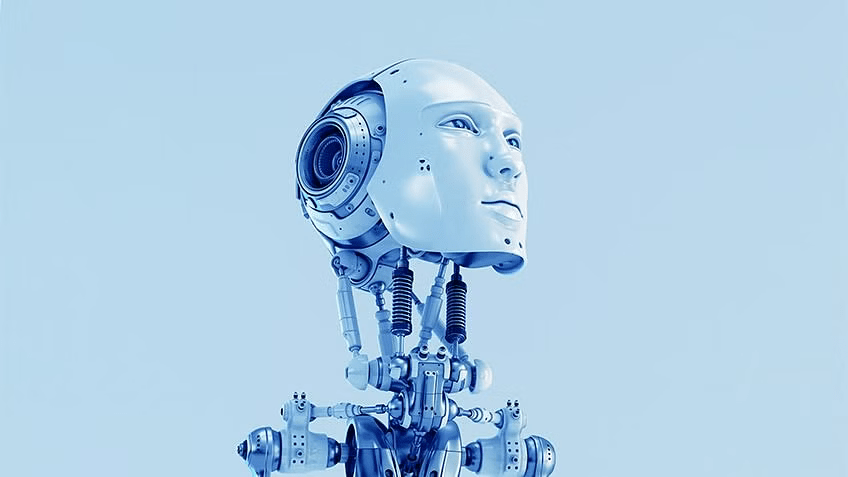AI Ascendancy Threatens White-Collar Roles, Goldman Sachs Predicts 300M Jobs At Risk

15th May 2023
By Brett Hurll
In a paradigm shift from the conventional displacement narrative, blue-collar workers are no longer the lone victims of automation. The AI juggernaut, led by advanced chatbots such as OpenAI's ChatGPT, is now encroaching upon white-collar territories, threatening to make up to 300 million jobs obsolete worldwide, a recent Goldman Sachs analysis reveals.
Revolutionizing the industry with its human-like language prowess and context understanding, 'Generative' AI tools like ChatGPT have demonstrated their capacity to outperform humans in certain tasks. The implications of these advancements are far-reaching, with sectors like programming, writing, legal services, and select financial and insurance industries being the most susceptible to upheaval.
A cutting-edge research conducted by OpenAI, the innovative startup behind ChatGPT, delves into the automation potential across 1,016 professions. It involves assessing AI and human capabilities in executing 19,000 tasks integral to these occupations. Tasks where AI tools like OpenAI's GPT-4 can halve human execution time without compromising quality are considered ripe for AI takeover. In fact, the study suggests that an estimated 80% of Americans could see at least 10% of their job tasks automated by such AI tools. This proportion surges to 50% of tasks for approximately 19% of the workforce.
Moreover, it's not just low-skilled jobs that are in jeopardy. In a departure from previous machine learning breakthroughs, the most vulnerable roles are skilled, high-paying positions. Occupations such as telemarketing, teaching, especially language, literature, and history, are in the firing line.
Despite these seismic shifts, the advent of automation should not be a cause for alarm but a catalyst for change. Freeing workers from menial tasks could pave the way for enhanced labor productivity - a silver lining for labor-strapped economies. Goldman Sachs further advocates the benefits of generative AI, predicting a potential 7% surge in global GDP in the coming decade.
However, a note of caution must be sounded. Studies may overestimate the automation potential by overlooking implicit skills in less familiar professions and underestimating the importance of human qualities like empathy and charisma. Additionally, businesses may grapple with integrating AI innovations into their existing IT infrastructure, and the advent of AI could trigger a host of practical and legal dilemmas, such as accuracy, privacy, and intellectual property issues.
Ultimately, while AI's conversational prowess is undeniably impressive, these tools will still require human supervision and intervention in real-world scenarios. Interestingly, this might give rise to a new breed of jobs in the ever-evolving AI landscape.
World Liberty Seeks Federal Trust Charter
World Liberty Financial, the crypto venture backed by the Trump family, has applied for a US national bank trust charter... Read more
Saudi Banks Tap Overseas Markets
Saudi Arabia’s banks are borrowing from international markets at their fastest pace on record, as lenders try to squar... Read more
Amazon Continues To Cut 16000 Gone
Amazon has announced plans to cut a further 16,000 roles from its corporate workforce, extending the cost and organisati... Read more
The UK May Have A Voice In Ai
Europe’s AI sector has grown accustomed to playing catch-up. Capital has flowed more slowly than in Silicon Valley, va... Read more
Musk Applies Pressure To BT
Britain’s broadband market has spent the past decade locked in a familiar pattern. Incumbents invested heavily in fibr... Read more
Blackrock Sees EMEA Moving Into Private Assets
BlackRock has warned that investors across Europe, the Middle East and Africa are reshaping portfolios in response to wh... Read more

